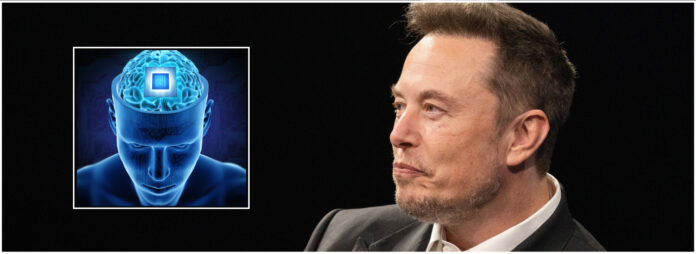In a groundbreaking leap towards merging technology with the human mind, Elon Musk’s Neuralink has achieved a historic milestone by successfully implanting the first human brain chip. This achievement marks a pivotal moment in the fields of neuroscience, technology, and the ongoing quest to unlock the mysteries of the human brain.
The Significance of Neuralink:
Neuralink, founded by entrepreneur and visionary Elon Musk, aims to revolutionize the way we interact with technology by developing brain-machine interface (BMI) technologies. The ultimate goal of Neuralink is to enhance cognitive abilities, address neurological disorders, and create a symbiotic relationship between humans and artificial intelligence.
The First Human Brain Chip Implant:
The recent breakthrough involved implanting a tiny, coin-sized chip into the brain of a willing participant. This device, developed by Neuralink, is designed to interface with neurons, allowing for bidirectional communication between the brain and external devices. The successful implantation represents a major stride in the development of neurotechnology and brings us one step closer to realizing the potential of brain-machine interfaces.
Key Technological Features:
-
Ultrafine Electrode Threads: Neuralink’s brain chip utilizes ultrafine electrode threads that are thinner than a human hair. These threads enable precise and targeted interaction with neurons, minimizing damage to surrounding brain tissue.
-
High Bandwidth Communication: The brain chip boasts high bandwidth communication capabilities, allowing for the seamless exchange of information between the brain and external devices. This opens up possibilities for enhanced cognitive functions and real-time data processing.
-
Wireless Connectivity: Neuralink’s device incorporates wireless connectivity, reducing the need for cumbersome external hardware. This not only enhances user comfort but also simplifies the integration of the brain chip into daily life.






















